Joseph Lamar Simmons Explains Counterterror Intelligence Tactics
Terrorism doesn’t begin with explosions. It begins with whispers—in chat rooms, coded texts, unusual travel, or sudden money transfers. And stopping it? That starts with intelligence.
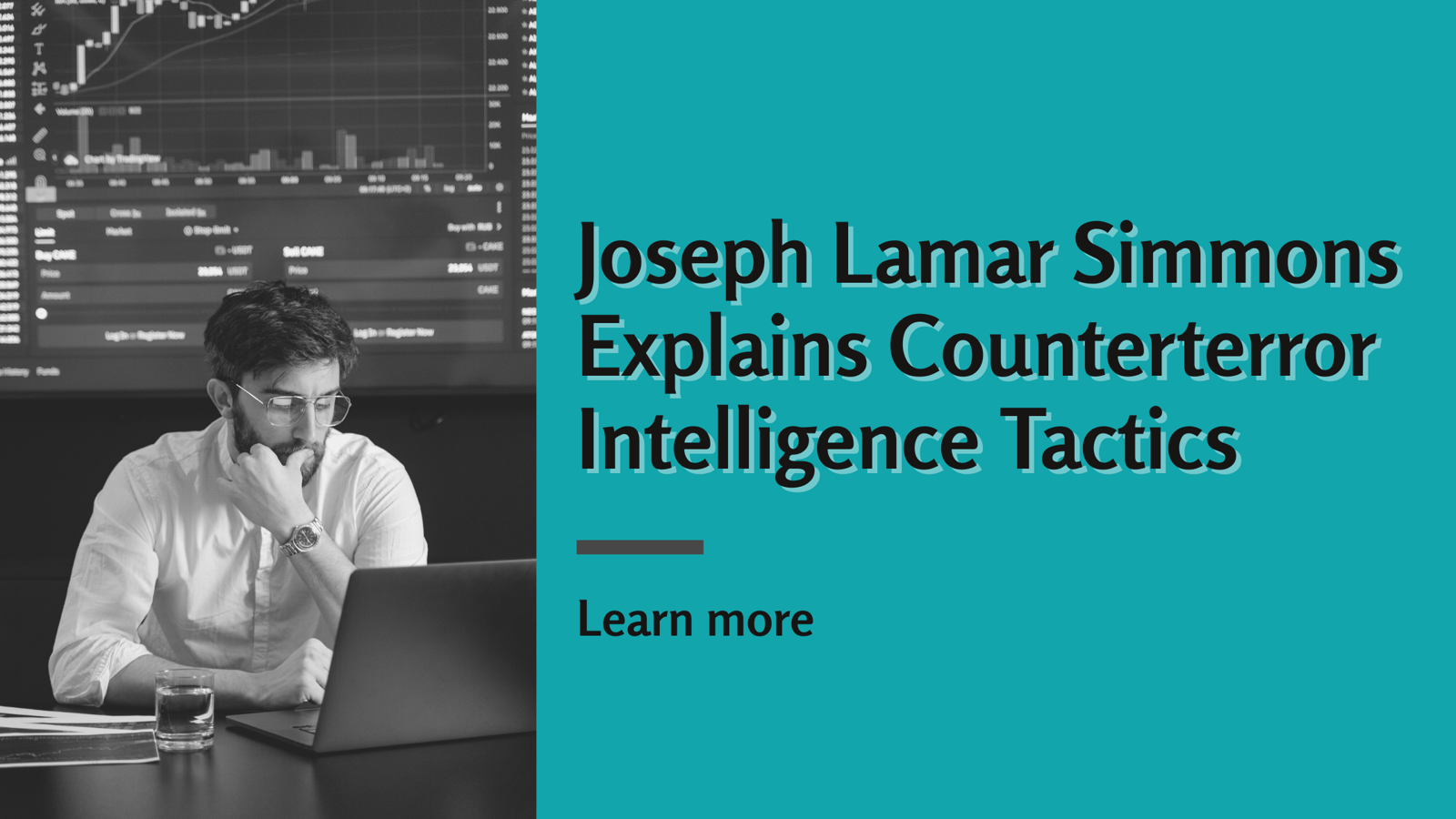

Terrorism doesn’t begin with explosions. It begins with whispers—in chat rooms, coded texts, unusual travel, or sudden money transfers. And stopping it? That starts with intelligence.

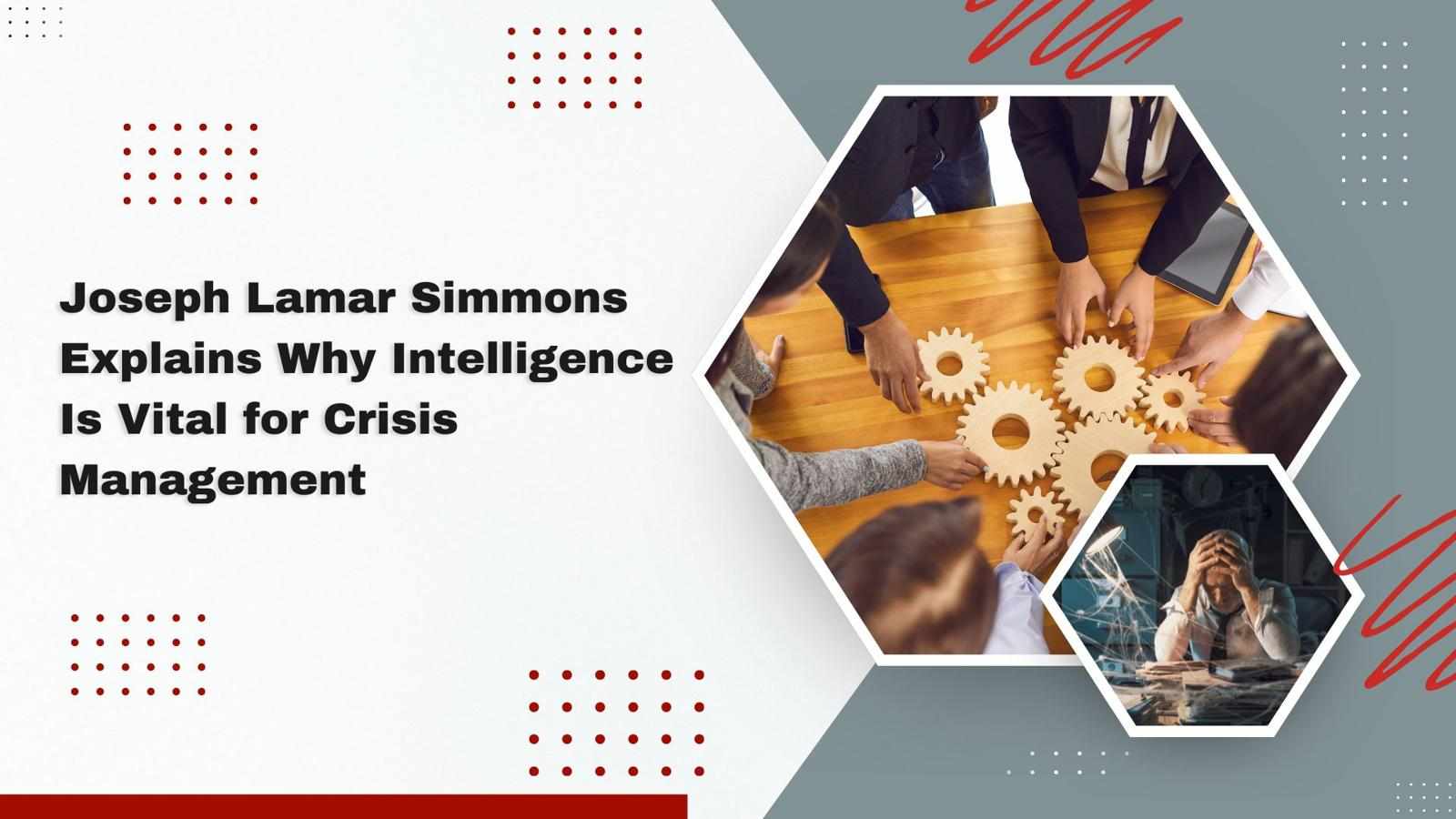

In today’s unpredictable world, one thing is certain—crisis can strike at any moment. Whether it’s a cyberattack, a natural disaster, or a geopolitical event, the speed and quality of your response can change everything. I’m Joseph Lamar Simmons, a Defense Intelligence Officer, and I’ve seen firsthand how powerful intelligence can be in shaping outcomes during high-pressure moments. In this blog, I’ll share why intelligence is not just helpful—but essential—for effective crisis management.

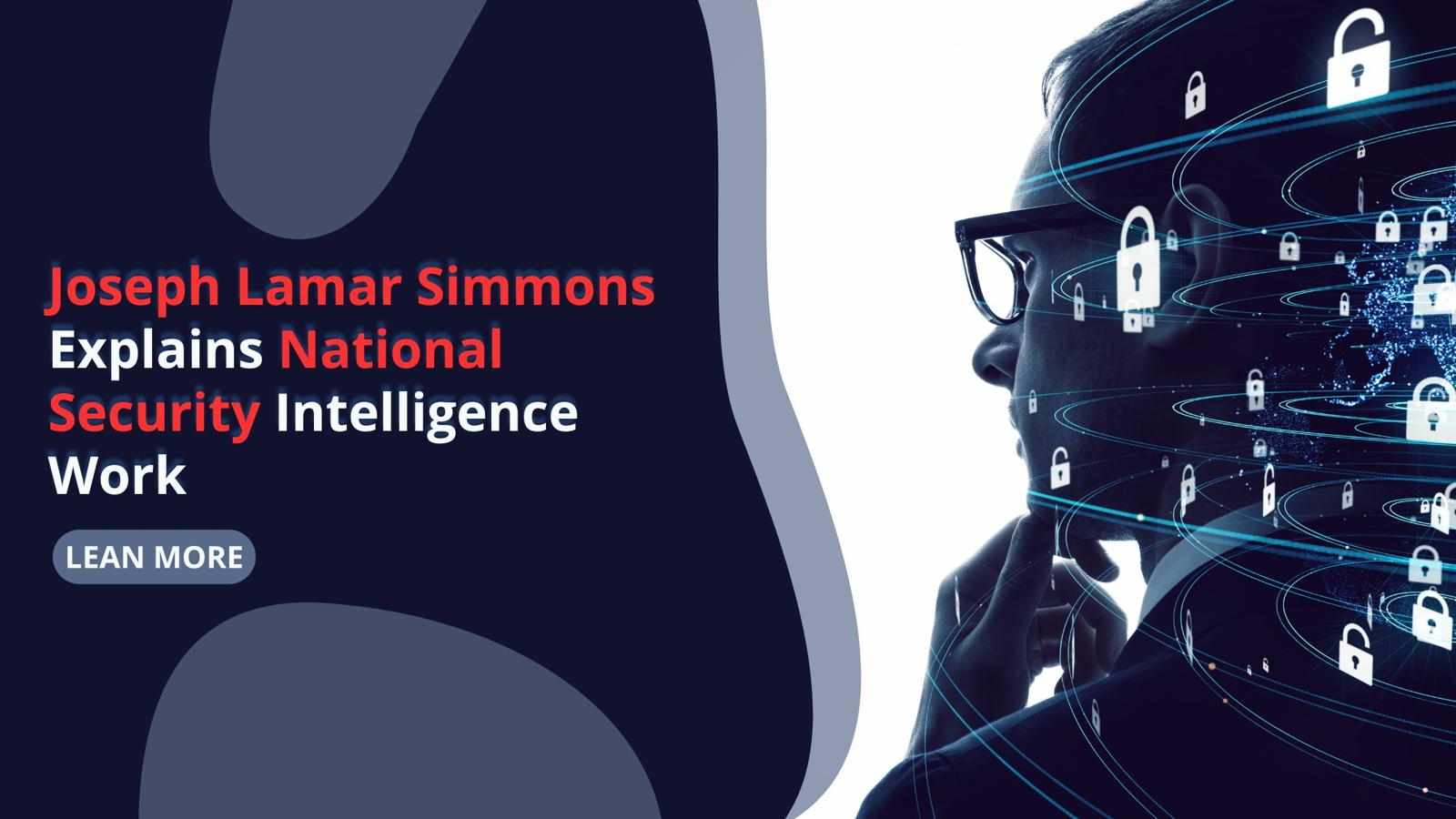

National security intelligence is a world that operates quietly in the background but plays a major role in protecting our everyday lives. It’s not always visible, but it’s always working.

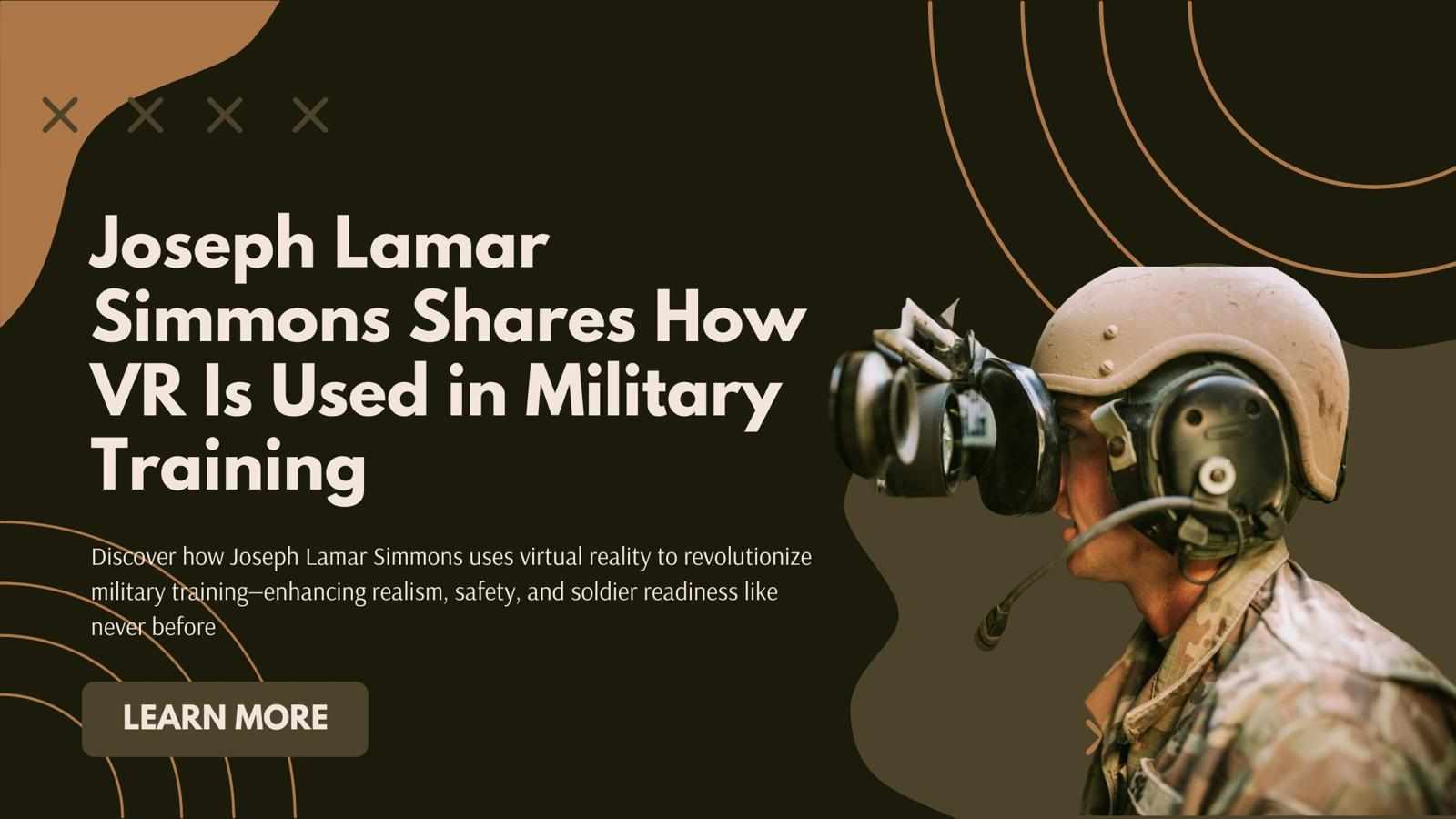

Virtual Reality (VR) is no longer just for gamers. It’s quickly becoming one of the most powerful tools in modern military training. According to defense expert Joseph Lamar Simmons, VR is transforming the way soldiers prepare for real-world combat by offering immersive, adaptable, and cost-effective solutions for training exercises.

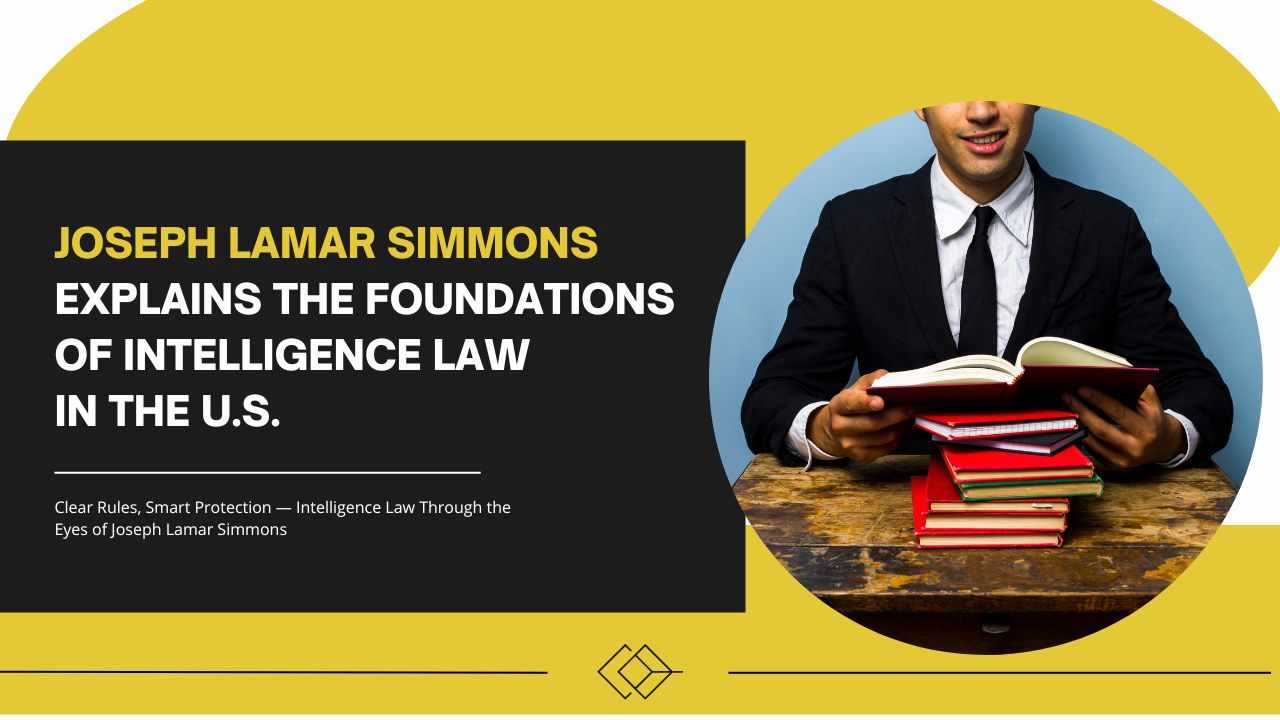

Understanding how intelligence law works in the United States isn’t just for lawyers or government officials. It affects every citizen, especially in a world where national security and personal privacy often intersect. Joseph Lamar Simmons, an Intelligence Officer at the Department of Defence, helps bridge the gap between complex laws and real-world application. In this post, Simmons breaks down the foundations of U.S. intelligence law in clear, simple language.

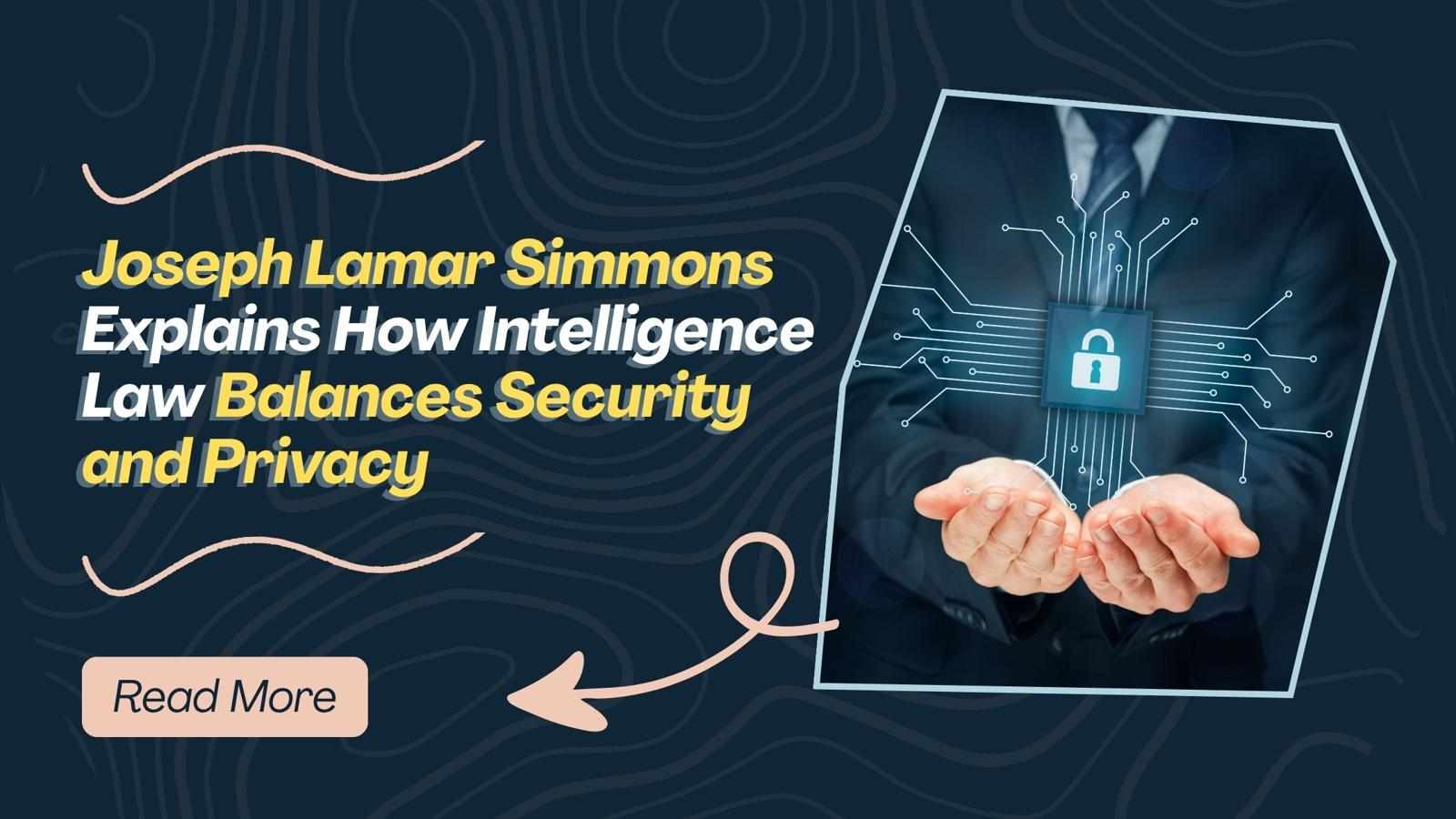

In today’s hyper-connected world, national security concerns are not just limited to physical borders. Cyber threats, foreign influence operations, and transnational terrorism have made the task of intelligence gathering more urgent—and more complex—than ever before. But with the increasing sophistication of surveillance capabilities comes a crucial legal and ethical question: how can governments gather vital intelligence without infringing on the constitutional rights of their citizens?



Intelligence law in the United States governs how agencies collect, share, and protect information to ensure national security. This legal framework ensures a balance between conducting effective intelligence operations and safeguarding individual rights. Joseph Lamar Simmons, an experienced Intelligence Officer at the Department of Defense, offers insights into the foundational elements of U.S. intelligence law.

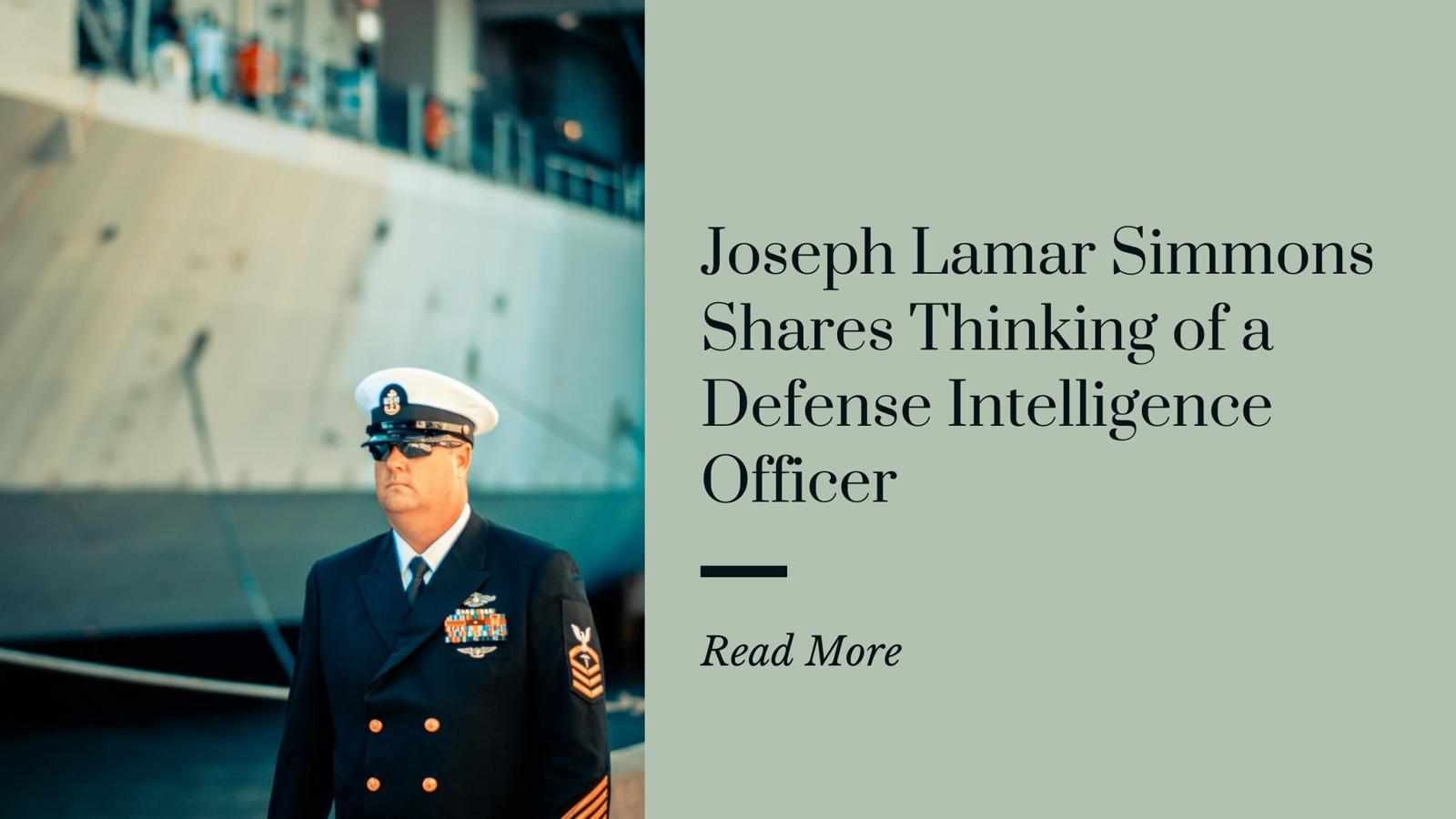

Joseph Lamar Simmons, a veteran Defense Intelligence Officer, offers a rare glimpse into the mindset that drives those working behind the scenes in national security. For Simmons, being a defense intelligence professional is less about gathering raw information and more about interpreting what that information means — both now and in the future.

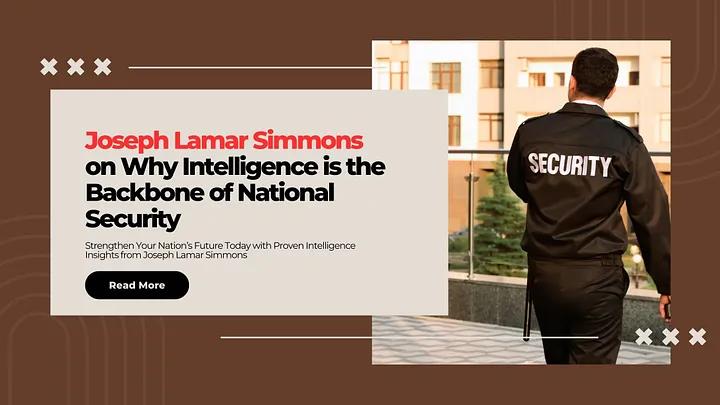

There’s a quiet tension behind every national security decision — a pressure to see what others miss. According to Joseph Lamar Simmons, that pressure falls squarely on the shoulders of intelligence professionals.

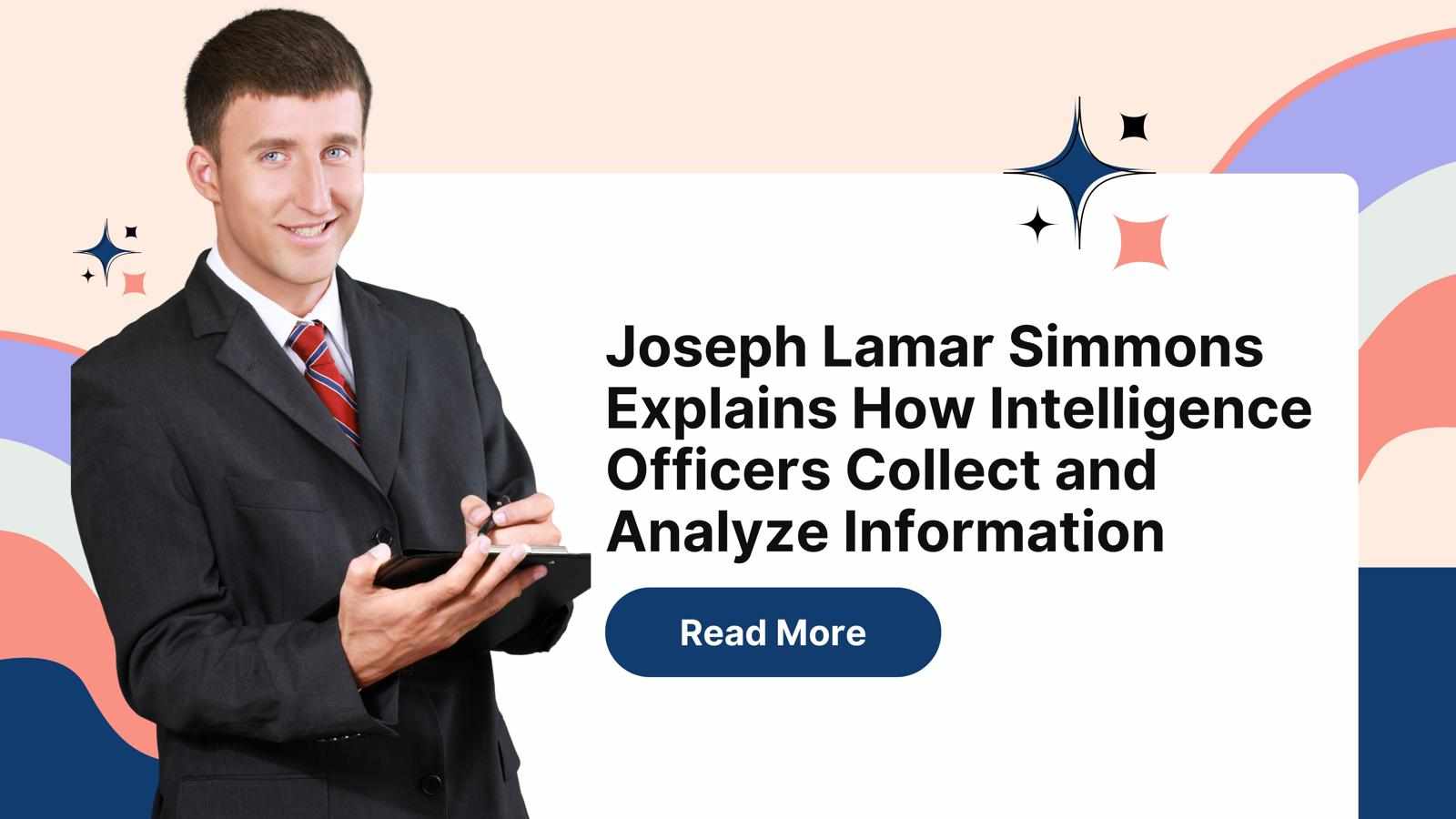

When Joseph Lamar Simmons talks about his work in intelligence, he doesn’t make it sound like a movie. He laughs at most of what Hollywood gets wrong.
